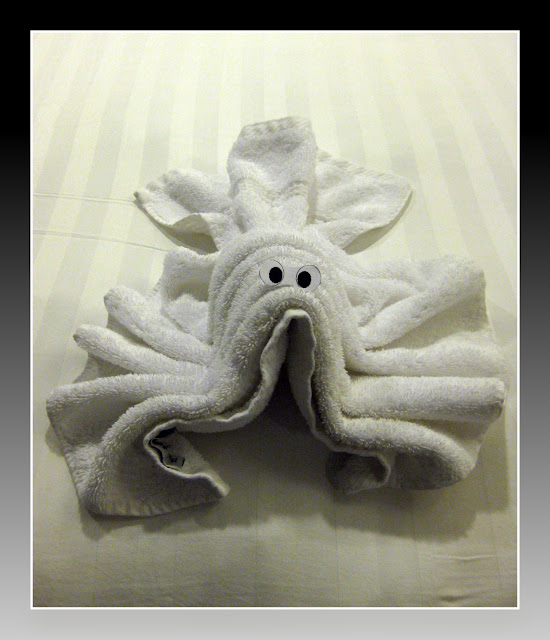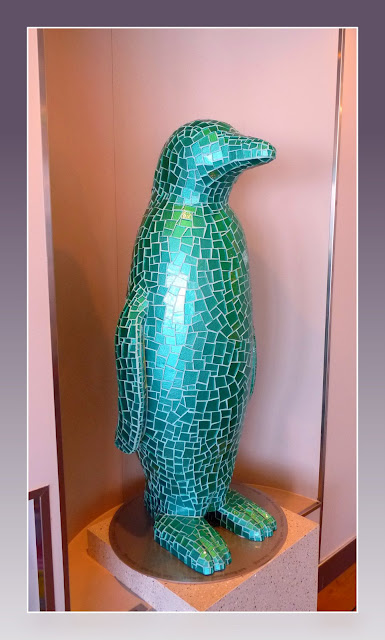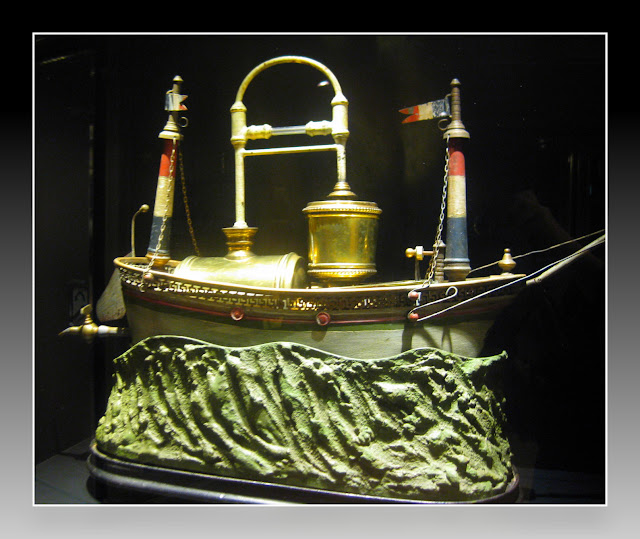 The Secret Life of Lobsters- How Fisherman and Scientists Are Unraveling the Mysteries of Our Favorite Crustacean by Trevor Corson
The Secret Life of Lobsters- How Fisherman and Scientists Are Unraveling the Mysteries of Our Favorite Crustacean by Trevor CorsonHarper Perennial, ISBN978-0060555597
May 10, 2005, 320 pages
"Consider the humble lobster: an unsightly creature from the sea that tastes awfully good with melted butter. But it turns out that this aesthetically-challenged crustacean is so much more—a charming lover, a belligerent fighter, and a snoopy socializer with a nose that lets it track prey and paramour alike with the skill of a bloodhound. And, perhaps most important, these astonishing animals are a sustainable resource that has provided a livelihood for generations of Maine fisherman."
Lobsters are delicious, a choice item on many a restaurant menu, but they are also a big business, the topic of political wrangling and the subject of scientific investigation. They are also the creature that provides a livelihood for thousands and thousands of Maine families and have been for generations. And all of these subjects form a part of Mr. Corson's quite interesting book. Especially if you have a place in your heart..or tummy...for this rather prehistoric looking crustacean.
In many industries, the scientists and the 'farmers' often seem to be at odds. And for many years, this was no doubt the case in lobstering. But certainly in Maine, in more recent years, that has started to change. To learn more about the lobster, it's life cycle, it's reproduction, how to best manage the number caught to maintain the harvest, scientists needed the help of the lobstermen. For the lobstermen to have a future, they came to see that they could not let the lobster go the way of the cod, fished until it almost disappeared and the scientists could help with that. Over time, as Corson shows in this books, maybe they both came to have a grudging admiration for the knowledge of the other. Neither side is all good or all bad in their motives or actions, but hopefully, they are both learning some useful things for the future of this industry.
Corson does not just come by this knowledge academically. He actually worked two years on a lobster boat out of Little Cranberry Island, off the coast of Maine near Acadia National Park and the summer resort of Bar Harbor. Having driven through countless little towns along that area in the last few days, let me assure you that lobstering in an integral part of these communities. I was simply amazed at the number of lobster buoys in Frenchman's Bay off Mt. Desert Island and rarely do you pass a town harbor that is not full of lobster boats. And it is Corson's personal look into the lives of these fisherman and their families, as well as the rather quirky group of scientist involved in this work, that was the most fun part of this book.
Not to say the the star of the show, the lobster itself, is not quite the character. I now know perhaps just a bit more about the sex life of a lobster than I have ever wanted too. Happily, you will get your science, but mixed in with enough human drama to keep it interesting.
I can not say that I will ever look at the lobster on my plate in quite the same way in the future. But I will still be happy to see him there, a fine example of an industry that is trying, with all the ups and downs, to provide a sustainable food product for the future..and maintain a heritage that goes back for centuries in places like Maine.
If you are interested in Maine and in getting a glimpse of life on a small coastal island, in sustainable food production, in the science of the creatures that inhabit our coastlines...or you just love a nice steamed lobster with a side of butter, I think you will enjoy this book.
P.S. To celebrate the posting of this review..yes, I know it is a feeble excuse...I went out and had lobster for dinner last night.
Thank you, lobster fisher people of Maine and, most of all, thank you Lobster!!











































